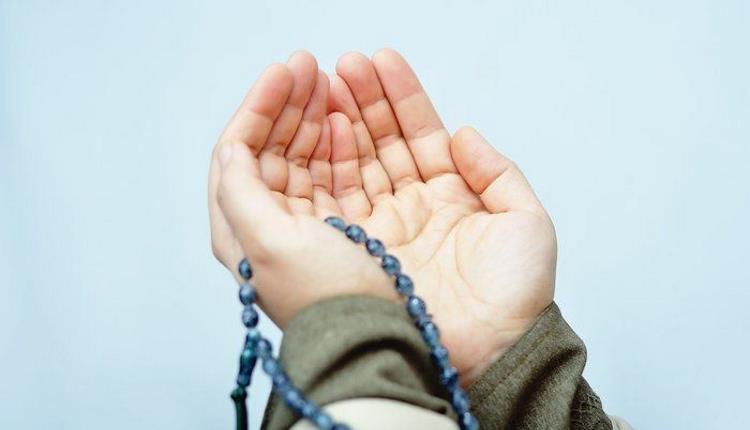What are best times for ‘Duas’?
I have heard that it is good to offer dua after fard prayers, not necessarily jointly. The time immediately after fard prayers is good for acceptance of dua. There are other good times e.g. immediately after or during adhan (after hayya alaus salah), break in Friday’s khutba etc. I dont remember from where I heard these but I think they may be taken from some ahadith (I am not sure about this). I do like to offer dua, sometimes jointly, sometimes alone, after fard prayers. I understand the entire salah actually consists of lots of prayers. Am I committing any bid’ah?
Answer
You have several occasions of praying to God, asking for His help, telling Him what you need, and seeking forgiveness, during the formal prayer (salah) itself.
The prostration is an extremely useful occasion to ask God for help, to surrender oneself to Him, and beg for His Mercy, His Forgiveness and His Providence while in that state, over and above the routine dhikr during the prostration.
We start our prayers with the Surah Al-Fatiha, which we know, is one of the most effective prayers for seeking help and guidance from the Almighty.
Likewise, the last part of our formal prayer – that is, tashahud – when we sit before ending our salah, is entirely an amalgam of various prayers – asking for both our spiritual and material needs to be fulfilled. The ‘durud’ that we offer, too, is in fact a prayer to the Almighty for showering His blessings on our dearest, Prophet Muhammad (sws), and elevating his status still further.
There isn’t any one particular prayer ordained at the time of ‘tashahud’. Thus, we may ask Allah Almighty for anything that we need and want, at this instance in our salah. We can choose to offer one or many different prayers on different occasions. Unfortunately, because we do not know Arabic, and are content on parroting one chosen prayer each and every time, without even acknowledging its meaning, our prayers to be offered before the Almighty are left for later (after finishing our prayers), betraying an important purpose of our salah. As a result, we end up finishing our prayers in a numb state, with no emotion, and lacking a sense of communication with God, and still wanting to pray to Him. So the best time to pray is, in fact, during the salah, and not after it. This should be even more clear given that the Almighty Himself has given us space to express our own selves at various instances of the salah – especially while sitting for tashahud.
However, you can still pray after saying your salaam – individually or collectively. But care must be taken that this is not made a routine (as, unfortunately, is the case in our society today), for then, one gets the impression that it is a part of our religion. Since the Prophet (sws) never made it a routine (he did so only on a few occasions, and that too, when asked by someone to pray for a particular purpose, or when he strongly felt that a collective prayer for a significant purpose was needed), it would be deemed objectionable if we were to make a habit out of it.
Thus, you have every right to offer dua after the formal prayer, whether alone or in collectivity, but you shouldn’t make a habit out of it; least of all, in regularly following the imam doing the same, for then, you run the danger of convincing people of it being a religious requirement. That would come to be construed as Sunnah of Prophet Muhammad (sws), and may come dangerously close to an innovation/a bid’ah in religion – an unnecessary burden on all worshipers.

